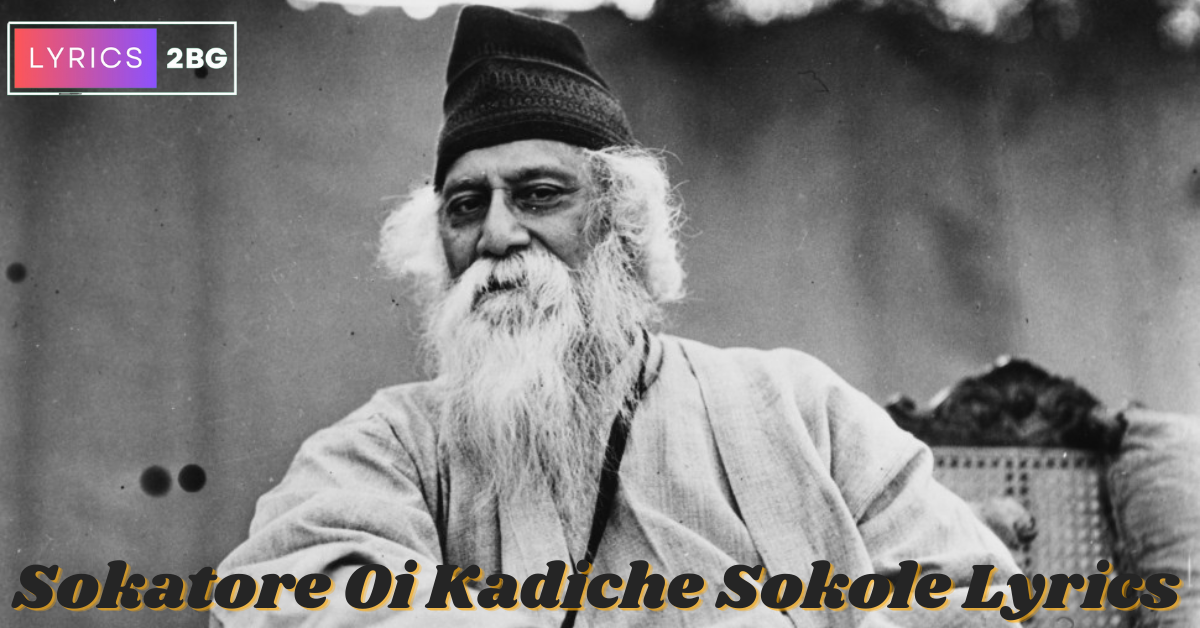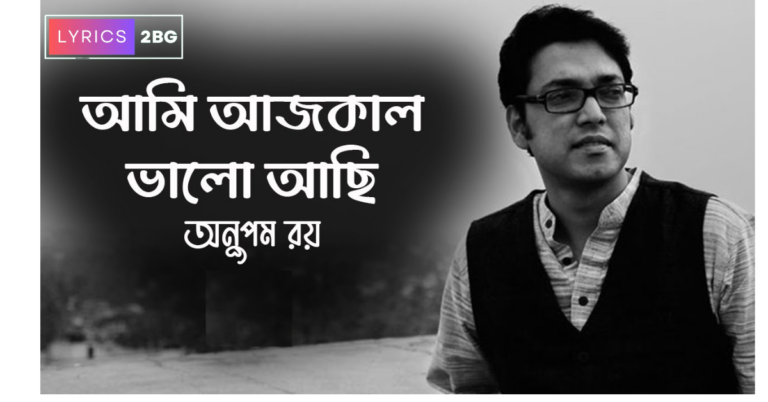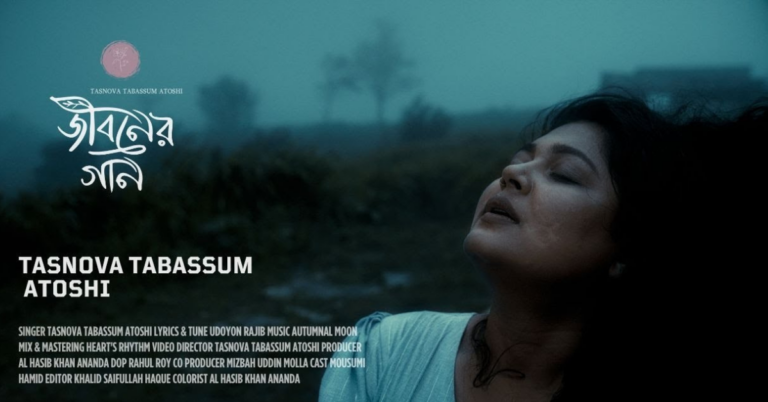Sokatore Oi Kadiche Sokole Lyrics | সকাতরে ওই কাঁদিছে সকলে | Rabindra Sangeet
Sokatore Oi Kadiche Sokole Lyrics
সকাতরে ওই কাঁদিছে সকলে
শোনো শোনো পিতা,
কহো কানে কানে
শুনাও প্রাণে প্রাণে মঙ্গলবারতা,
কহো কানে কানে
শুনাও প্রাণে প্রাণে মঙ্গলবারতা,
কহো কানে কানে
শুনাও প্রাণে প্রাণে মঙ্গলবারতা।
ক্ষুদ্র আশা নিয়ে রয়েছে বাঁচিয়ে
সদাই ভাবনা,
যা কিছু পায় হারায়ে যায়, না মানে সান্ত্বনা
যাকিছু পায় হারায়ে যায়, না মানে সান্ত্বনা,
যা-কিছু পায় হারায়ে যায়, না মানে সান্ত্বনা।
সুখ আশে দিশে দিশে বেড়ায় কাতরে
মরীচিকা ধরিতে চায় এ মরুপ্রান্তরে
মরীচিকা ধরিতে চায় এ মরুপ্রান্তরে,
মরীচিকা ধরিতে চায় এ মরুপ্রান্তরে।
ফুরায় বেলা, ফুরায় খেলা,
সন্ধ্যা হয়ে আসে,
কাঁদে তখন আকুল মন, কাঁপে তরাসে
কাঁদে তখন আকুল মন, কাঁপে তরাসে,
কাঁদে তখন আকুল মন, কাঁপে তরাসে।
কী হবে গতি, বিশ্বপতি,
শান্তি কোথা আছে,
তোমারে দাও, আশা পূরাও,
তুমি এসো কাছে,
তোমারে দাও, আশা পূরাও,
তুমি এসো কাছে,
তোমারে দাও, আশা পূরাও,
তুমি এসো কাছে।
Meaning of Sokatore Oi Kadiche Sokole Lyrics
The literal translation of the title is “Everyone is calling out to the traveler.” Sokatore oi kadiche sokole lyrics portrays the traveler as a metaphorical figure who represents a seeker or a wanderer on a spiritual or metaphorical journey. Sokatore oi kadiche sokole lyrics of the song describe how the traveler, despite being surrounded by the clamor and calls of various people, remains detached and unaffected by worldly attachments. The song emphasizes the idea of detachment and the pursuit of higher truths.
Through its lyrical beauty and metaphorical language, the song conveys the idea that the world is filled with noise and distractions, but the true seeker remains focused on their inner journey. It suggests that one should not get entangled in the desires and material possessions of the world but should strive for spiritual enlightenment and transcendence.
About the Author of the Song
“Sokatore Oi Kadiche Sokole” is a Rabindra Sangeet composed by Rabindranath Tagore
Rabindra Sangeet refers to the vast collection of songs composed by Rabindranath Tagore, the renowned Bengali poet, writer, and musician. His songs, also known as Tagore songs, are deeply rooted in the cultural heritage of Bengal and have gained popularity worldwide.
Rabindra Sangeet encompasses a wide range of themes and emotions. Some common themes found in Tagore’s songs include love, nature, spirituality, human emotions, introspection, and the beauty of life. Sokatore oi kadiche sokole lyrics often carry profound philosophical insights and poetic imagery. The song portrays a sense of collective longing and a yearning for understanding, love, and companionship. It reflects the deep human desire for connection and the interconnectedness of all individuals in society.

As with many of Rabindranath Tagore’s songs, “Sokatore Oi Kadiche Shokole” carries emotional depth and invites introspection. It beautifully encapsulates the human experience of seeking meaning, forging connections, and navigating the complexities of relationships. It was indeed featured in the Bengali film “Posto” directed by Nandita Roy and Shiboprosad Mukherjee. The film was released in 2017 and received critical acclaim for its heartwarming story and performances.
In the film “Posto,” the song “Sokatore Oi Kadiche Sokole” is performed by the young actor Argha Banerjee, who plays the titular character. The song serves as a beautiful and emotional moment in the film, reflecting the themes of love, longing, and connection that are characteristic of Tagore’s music. The inclusion of this popular Rabindra Sangeet in the film “Posto” further contributed to its cultural significance and resonated with audiences familiar with Tagore’s work. It showcased the timeless appeal of Rabindra Sangeet and its ability to evoke emotions and enhance storytelling.
Song : Sokatore Oi Kadiche Sokole Lyrics
Written by : Rabindranath Thakur
Parjaay : Puja O Prarthana – 18
Raag : Karnati Bhajan
Taal : Ektaal







